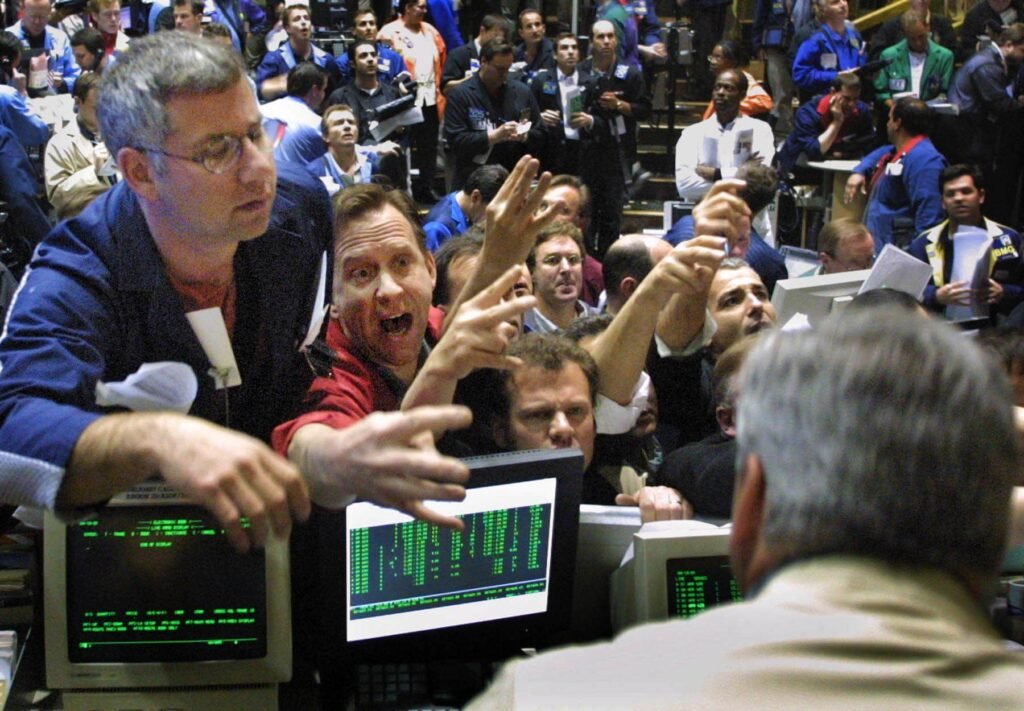This Content Is Only For Paid Member
Despite recent challenges in the fixed-income market, UBS is recommending investors favor bonds over stocks. In the wake of one of the most significant market crashes in history, the Swiss bank believes that 10-year Treasuries are poised to rebound and deliver substantial returns.
UBS stated on Monday that it anticipates the key 10-year US Treasury yield, currently at 4.7%, will decrease to 3.5% during the first half of 2024, potentially resulting in returns of around 13% for bondholders. In their research note, UBS Global Wealth Management CIO Mark Haefele and his team of strategists explained their rationale for this outlook, saying, “Looking ahead, we expect yields to fall as US growth slows and the Federal Reserve finishes tightening and starts to ease policy later next year. We see bonds as an effective hedge for investor portfolios.” They also highlighted that in the event of a US economic recession, the 10-year Treasury could yield returns as high as 19%.
UBS maintains a “neutral view” on equities and predicts a modest 4% increase in the benchmark S&P 500 stock-market index by June 2024.

UBS’s optimism about bonds comes at a time when the sector has faced one of its worst market crashes in history. Prices of longer-duration debt have declined by nearly 50% since March 2020, and 30-year yields briefly exceeded 5% a couple of weeks ago. However, UBS believes that yields will continue to decrease due to a slowdown in US economic growth, making bonds more attractive.
Furthermore, UBS anticipates that the Federal Reserve will conclude its efforts to combat inflation in the first half of the next year. When interest rates stop rising, bonds often become more appealing to investors as they offer better relative returns compared to holding cash in a savings account.
While UBS maintains a cautious stance on global equities, they acknowledge that there is upside potential in the market. In their base-case scenario, they predict an 8% increase for the MSCI All Country World Index by June 2024. However, they also note that uncertainty about the monetary policy outlook may result in markets being range-bound and volatile. In a downside scenario involving a recession, global stocks could potentially decline by 16% by June 2024. UBS suggests that in such a scenario, any equity losses may be offset by gains in the bond market as investors anticipate swifter Fed rate cuts. In an optimistic scenario of unexpectedly strong economic growth, global stocks could rally by 16%.




